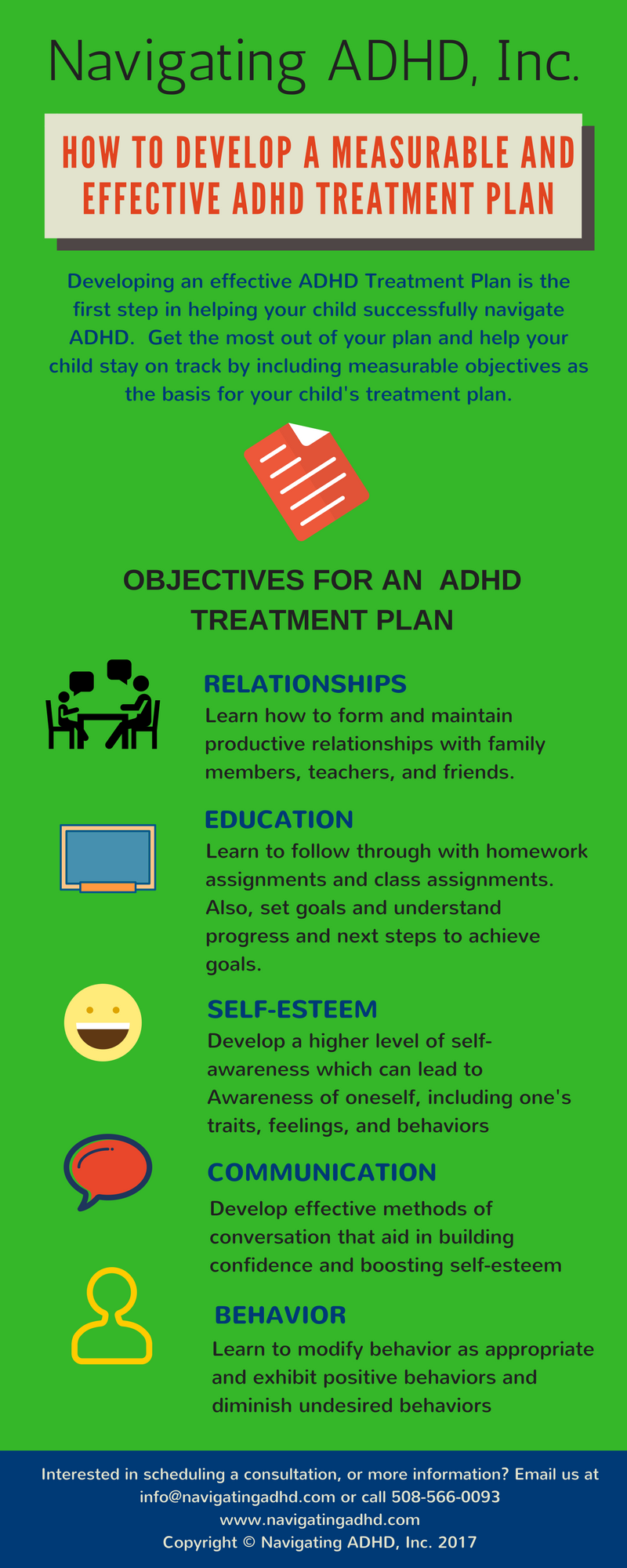Exploring Reliable ADHD Treatment Alternatives for All Ages
The intricacies of Interest Shortage Hyperactivity Condition (ADHD) present distinct challenges across different age teams, demanding a thorough expedition of reliable therapy choices. A combination of behavioral treatments, medicinal treatments, and way of life modifications has shown promise in addressing the varied demands of people with ADHD.
Comprehending ADHD and Its Effect
Attention-Deficit/Hyperactivity Condition (ADHD) is a neurodevelopmental condition defined by persistent patterns of negligence, attention deficit disorder, and impulsivity that can significantly affect various aspects of a person's life. It generally materializes in childhood, although symptoms can persist right into their adult years. The core symptoms of ADHD can interfere with instructional performance, hinder social communications, and complicate occupational undertakings.
Individuals with ADHD commonly battle with preserving emphasis on jobs, organizing activities, and following up on directions, which can lead to scholastic underachievement (Depression Treatment). In social contexts, impulsivity might result in troubles in forming and sustaining partnerships, as people may interrupt discussions or make hasty choices without thinking about consequences
In addition, ADHD can co-occur with various other mental health and wellness problems, such as anxiousness and depression, even more making complex medical diagnosis and therapy. The variability in symptom presentation indicates that ADHD can influence people differently, requiring a tailored approach to administration. Recognizing ADHD's complex influence is essential for establishing efficient methods that sustain people in browsing daily difficulties and attaining their possibility. Comprehensive recognition of ADHD's nature and effects prepares for discovering ideal therapy alternatives customized to every individual's requirements.
Behavioral Therapies for ADHD
Numerous behavior modifications have actually been created to successfully deal with the challenges associated with ADHD, concentrating on modifying particular behaviors and fostering necessary skills. Among the most identified strategies are cognitive-behavioral treatment (CBT), parent training, and social skills training.
CBT helps individuals determine and alter negative idea patterns and habits, advertising an extra positive outlook and enhanced self-regulation. This treatment typically includes functional approaches for taking care of impulsivity and boosting organization. Moms and dad training programs equip caretakers by furnishing them with techniques to strengthen positive habits and established regular limits, which can be especially helpful for kids with ADHD.
Social skills training is one more vital element, training individuals with ADHD just how to interact properly with peers - Depression Treatment. This approach commonly involves role-playing and comments to boost communication, participation, and conflict resolution abilities
Incorporating these behavior modifications into a detailed treatment plan can significantly enhance functioning and high quality of life for individuals with ADHD. Inevitably, the effectiveness of these therapies depends upon customized methods that think about the one-of-a-kind needs of everyone, therefore cultivating resilience and versatility in day-to-day life.
Drug Options Available
For many individuals with ADHD, medicine can play a substantial duty in managing signs and boosting overall functioning. Both main groups of medications recommended for ADHD are stimulants and non-stimulants.
Energizers, such as methylphenidate and amphetamine-based drugs, are one of the most generally used treatments. These medicines function by increasing the levels of natural chemicals, particularly dopamine and norepinephrine, in the brain, which helps improve focus and reduce impulsivity and hyperactivity. They commonly yield quick results, making them a favored alternative for numerous individuals.

It is important for doctor to perform a comprehensive evaluation to figure out the most suitable medication based on individual needs, case history, find more information and potential adverse effects. Regular follow-up and monitoring are also crucial to ensure the effectiveness of the chosen therapy and to make any kind of essential changes.
Way Of Living Modifications to Take Into Consideration
Handling ADHD successfully prolongs beyond medication, as lifestyle changes can considerably enhance overall well-being and signs and symptom control. Including organized regimens is important; constant timetables assist individuals with ADHD manage their time efficiently and minimize sensations of overwhelm.
Routine exercise is another important component. Workout not just helps to enhance concentration yet likewise boosts state of mind and decreases tension degrees. Activities such as yoga or group sports can be specifically valuable, advertising both physical fitness and social communication.
Nutrition also plays a pivotal duty. Depression Treatment. A balanced diet abundant in omega-3 fats, whole grains, and lean healthy proteins content can contribute to boosted focus and cognitive function. Restricting sugar and refined foods is advisable, as these can aggravate attention deficit disorder and impulsivity
Sleep health is essential for taking care of ADHD symptoms. Developing a regular rest schedule and producing a restful atmosphere can enhance rest quality, resulting in far better interest and emotional law.
Alternate and All Natural Methods
Different and holistic techniques to ADHD therapy provide a varied series of alternatives that complement conventional approaches. These methods often concentrate on way of living modifications, dietary interventions, and therapeutic practices that intend to enhance overall health while resolving ADHD signs published here and symptoms.

Mindfulness and behavioral therapies are additionally gaining traction as alternative treatments. Practices such as yoga exercise, reflection, and cognitive-behavioral treatment can grow self-regulation and boost attention. These methods support emotional resilience, which is especially helpful for people with ADHD.
Herbal supplements, such as ginkgo biloba and ginseng, are in some cases checked out; nevertheless, it is vital to get in touch with medical care specialists prior to including these right into therapy strategies. While option and alternative methods can offer important support, they ought to ideally be used together with evidence-based therapies to attain optimum outcomes for taking care of ADHD throughout any ages.
Conclusion
In recap, efficient ADHD treatment demands a detailed approach that consists of behavioral treatments, medication, way of living adjustments, and holistic approaches. This multifaceted approach underscores the relevance of customized care in resolving the varied requirements of individuals with ADHD across all age groups.
Comments on “Telehealth Psychiatrist Appointments for Private Care”